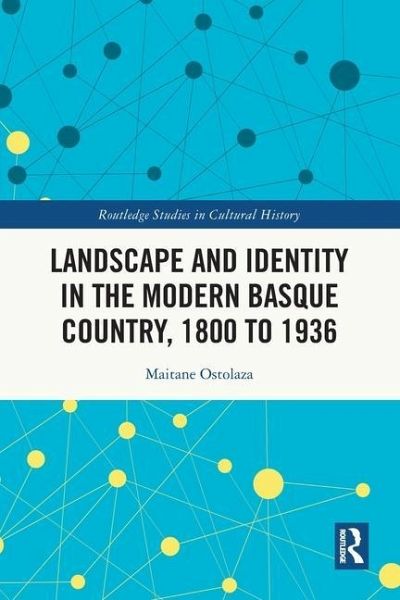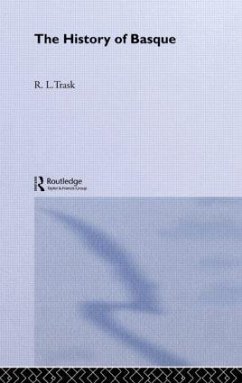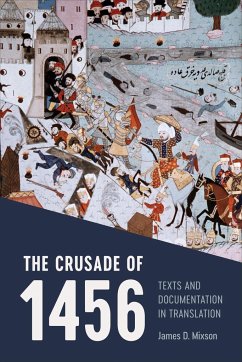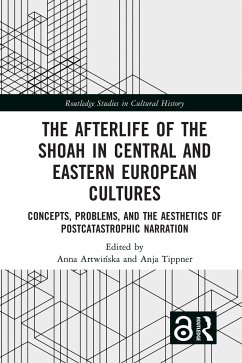
Landscape and Identity in the Modern Basque Country, 1800 to 1936
Versandkostenfrei!
Versandfertig in 6-10 Tagen
41,99 €
inkl. MwSt.
Weitere Ausgaben:

PAYBACK Punkte
21 °P sammeln!
Landscape and Identity in the Modern Basque Country, 1800 to 1936 studies the relationship between landscape and modern identities in the Basque Country. Using an interdisciplinary approach that combines cultural history and geography, it analyses the process of historical construction of the Basque landscape, highlighting its multiple political, social and cultural meanings.The book is divided into two parts: the first examines the discourses, images and representations of the Basque landscape; the second examines landscape practices through tourism, hiking and mountaineering. Focusing on the...
Landscape and Identity in the Modern Basque Country, 1800 to 1936 studies the relationship between landscape and modern identities in the Basque Country. Using an interdisciplinary approach that combines cultural history and geography, it analyses the process of historical construction of the Basque landscape, highlighting its multiple political, social and cultural meanings.
The book is divided into two parts: the first examines the discourses, images and representations of the Basque landscape; the second examines landscape practices through tourism, hiking and mountaineering. Focusing on the Basque case but establishing numerous connections with comparable phenomena in Western Europe, the book demonstrates that the landscape became a structuring element insofar as it helped shape individual identities while participating in the creation of social links. This book examines the processes of identity construction "from below" by means of new interpretative tools, such as the experience of landscape.
This work, originally published in French, brings to an English-speaking audience a crucial issue in the modern history of the Basque Country, namely the cultural construction of a collective identity within the framework of a nation-state, such as Spain, confronted with multiple territorial identities. Approaching this question from the perspective of landscape provides new keys to understanding the processes of nation-building that occurred in Europe in the nineteenth and twentieth centuries.
The book is divided into two parts: the first examines the discourses, images and representations of the Basque landscape; the second examines landscape practices through tourism, hiking and mountaineering. Focusing on the Basque case but establishing numerous connections with comparable phenomena in Western Europe, the book demonstrates that the landscape became a structuring element insofar as it helped shape individual identities while participating in the creation of social links. This book examines the processes of identity construction "from below" by means of new interpretative tools, such as the experience of landscape.
This work, originally published in French, brings to an English-speaking audience a crucial issue in the modern history of the Basque Country, namely the cultural construction of a collective identity within the framework of a nation-state, such as Spain, confronted with multiple territorial identities. Approaching this question from the perspective of landscape provides new keys to understanding the processes of nation-building that occurred in Europe in the nineteenth and twentieth centuries.














